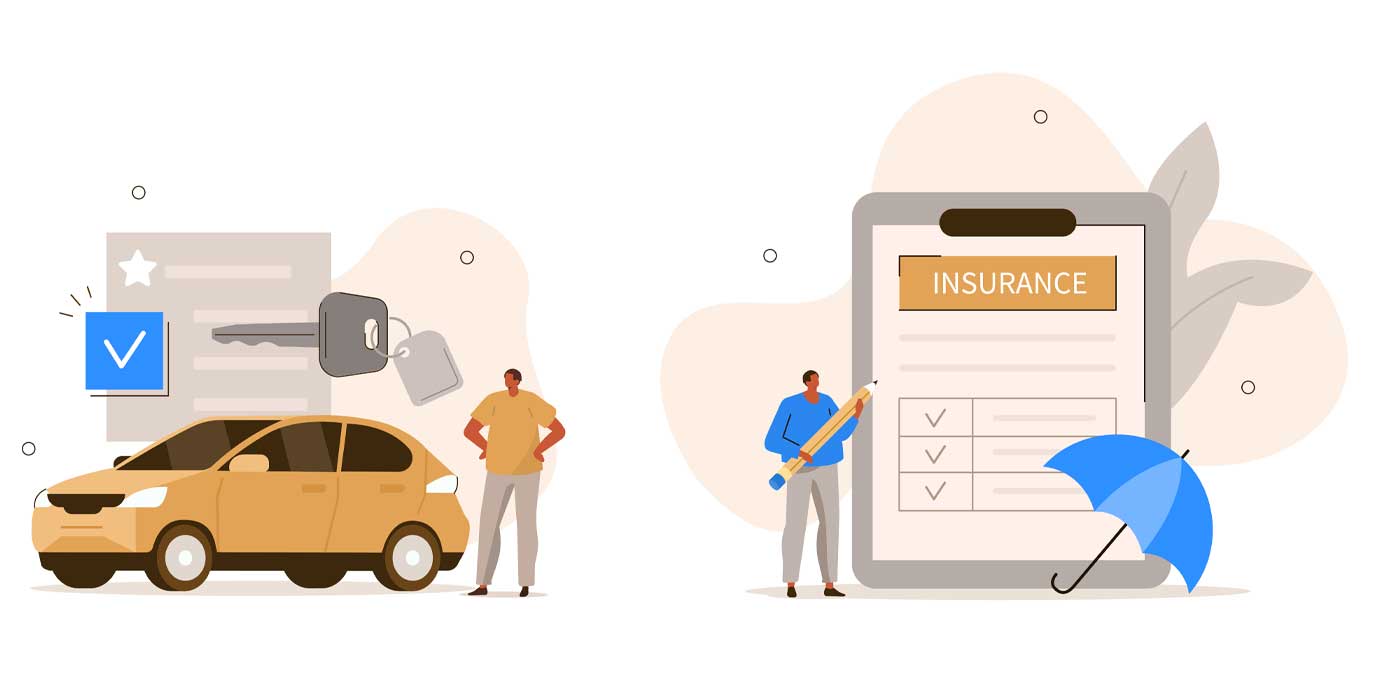We have all experienced how technology impacts our lives from the way we communicate to how we work. Sometimes technology helps us in obvious ways, while at other times the value of technology is harder to gauge. In a dealership, we always need to assess when it is better to switch to a technology-based solution or when to continue following a more manual process. Making the correct assessment can directly impact the dealership’s bottom line and impact other measures, such as CSI.
One of the new trends increasingly impacting the automotive industry and loaner fleet management is connected car technology. We can now closely monitor vehicle health, assess driver safety and be alerted when certain vehicle events are triggered based on location or activity. This information is sent directly from the vehicle.
The amount of data available from connected vehicles is growing and becoming more readily available for consumption by the dealership. Part of that data availability has to do with the ability to leverage the OBD2 vehicle port and OBD plug-in/dongle devices. This plug-in technology has been around for several years and supplies some basic vehicle data. However, as OEMs realize that vehicle data can provide a better customer experience and empower downstream data consumers, the OEMs are increasingly installing embedded modems on new vehicles.
Given that most courtesy/loaner fleets are composed of these latest models, there is a great deal of data available for dealers to access. How that data can be leveraged and how it translates into a value-added experience for the dealership and the customer is an important issue to understand.
Based on our experience with connected car data, we have found that the value to dealerships can be grouped into three categories:
1. Customer Experience
2. Asset Management
3. Revenue Recovery
1. Customer Experience
• The check in/check out process is expedited by automated and accurate fuel and odometer readings directly from the vehicle. There is no longer a need for the lot tech to manually verify and report these numbers, which decreases the time required to get a customer into a loaner.
• Location data combined with geofencing allows dealers to be notified in real-time when a customer has returned to the dealership. This feature allows the dealer to begin assembling any required paperwork and to finalize the loaner contract while the customer is entering the building.
• Detailed vehicle health data on loaner vehicles allows dealers to proactively reach out to customers if the dealer is alerted to issues with the loaner vehicle (low tire pressure, low battery voltage, vehicle overheating, etc.) avoiding a potential negative customer experience.
2. Asset Management
• Dealers can setup notifications around how the loaner fleet is being utilized. For example, we have setup notifications for the service managers when vehicles with no active rental agreement are being driven. This allows dealers to ensure usage for non-qualifying OEM miles is tracked and minimized/eliminated.
• Geofencing allows dealerships to get notified when a vehicle is out of the allowed geographic territory. These out of bounds notifications can help dealers better monitor and control their fleet.
• Dealers can set speeding alerts to be notified when a vehicle exceeds a set limit. This minimizes harsh driving and ensures the vehicle is being treated with care by the customer.
• Proactive fleet maintenance — vehicle health data points that are out of a threshold or range are surfaced in the system and a daily maintenance report is generated, ensuring all required maintenance is performed proactively.
• Lot management — geolocation allows dealerships to quickly locate and track vehicles on the lot. Dealers never “lose” a courtesy fleet vehicle.
• Location tracking allows for asset recovery in the case of a non-returned vehicle or a vehicle reported as stolen.
3. Revenue Recovery
• Real-time reporting of odometer allows for accurate tracking of miles driven and allows for automatic mileage charging.
• Ability to read the current fuel levels at check in and check out allows the dealership to accurately compute and charge for fuel usage, eliminating revenue leakage due to unrecovered fuel costs.
Hopefully this outline helps dealers recognize the potential value of connected car data, and its ability to positively impact a dealership’s profitability and customer experience.














